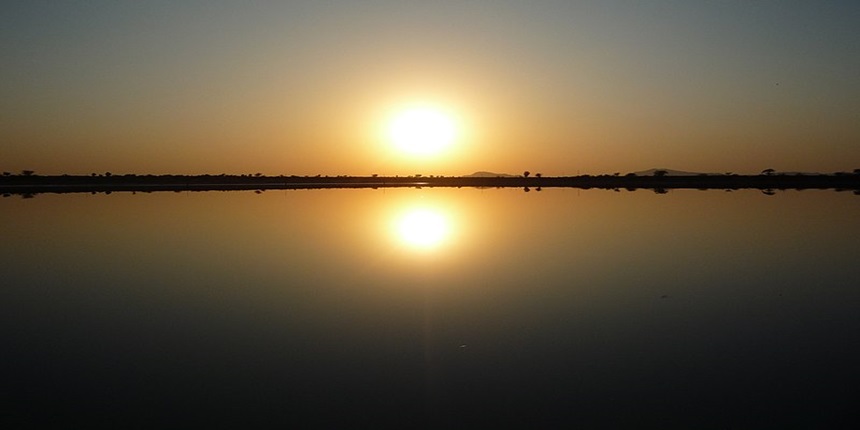Pondicherry University faculty discovers survival mechanism of extremophile algae in soda lakes
Divyansh | November 14, 2023 | 06:49 PM IST | 1 min read
Jyoti Singh, assistant professor at department of earth science, Pondicherry University, is an Inspire faculty fellow of the DST.

NEW DELHI: Pondicherry University assistant professor Jyoti Singh has discovered the survival mechanism of one of the smallest green algae Picocystis Salinarum in harshest of conditions.
Singh, who is faculty of department of earth science of Pondicherry University, found that the algae resorte to physiological adaptation to highly saline-alkaline and hyperosmotic conditions. The findings of the professor may lead to biotechnological applications scuh as microalgal bioproducts and increasing salt tolerance in plants.
The findings of Singh, who is an Inspire faculty fellow of the department of science and technology, has been published in the journal Frontiers in Microbiology in the section Extreme Microbiology.
Singh, who is research work is based on extremophiles, explored microbial life, with a particular focus on photosynthetic cyanobacteria and microalgae thriving in carbonate dominated environments such as carbonate rocks and soda lakes. As per researchers, these microorganisms hold the key to address critical questions pertaining to biogeochemistry, microbial diversity, evolution of life, astrobiology, environmental sustainability, biotechnology and beyond.
Spotted first time in India
She studies P salinarum in hypersaline soda lake Sambhar, Rajasthan. Though the alga had been widely found in saline-soda lakes around the world, it was spotted for the first time in India only in the Sambhar Lake. Singh and her probed the molecular mechanisms of adaptation in such polyextreme conditions.
Also Read | Pondicherry University, MSME Technology Centre to train students, work on research
They studied the changes in protein abundances through a high-throughput label-free quantitation based quantitative proteomics method. Their team insights into the proteome of extremophilic alga P salinarum revealing its tailored regulatory mechanisms for osmotic adaptation and proliferation in polyextreme conditions in soda lakes unraveling the basis of resilience in the organism. The organism enhances photosynthesis and ATP synthesis along with chaperone proteins as key response to high salinity-alkalinity.
Follow us for the latest education news on colleges and universities, admission, courses, exams, research, education policies, study abroad and more..
To get in touch, write to us at news@careers360.com.